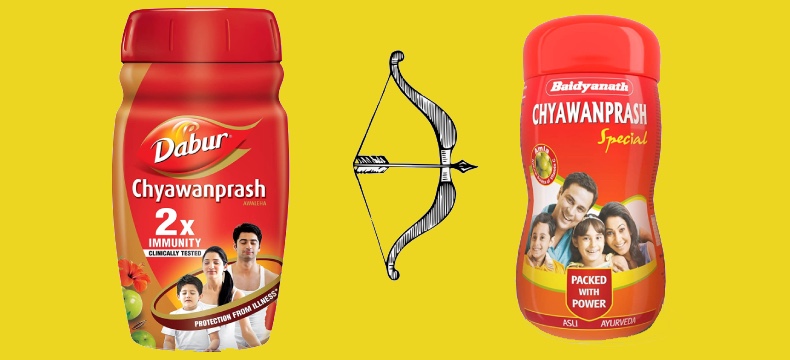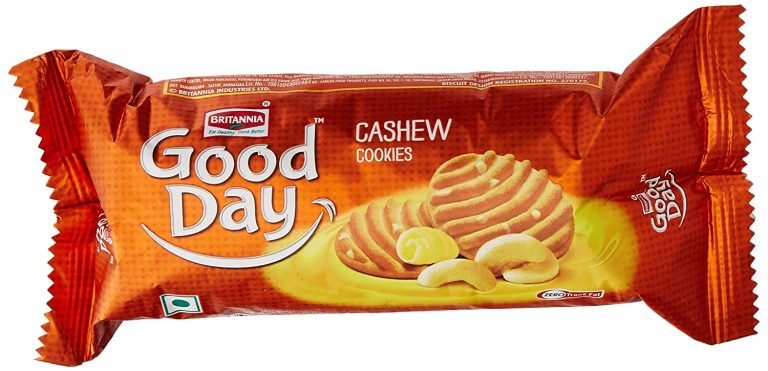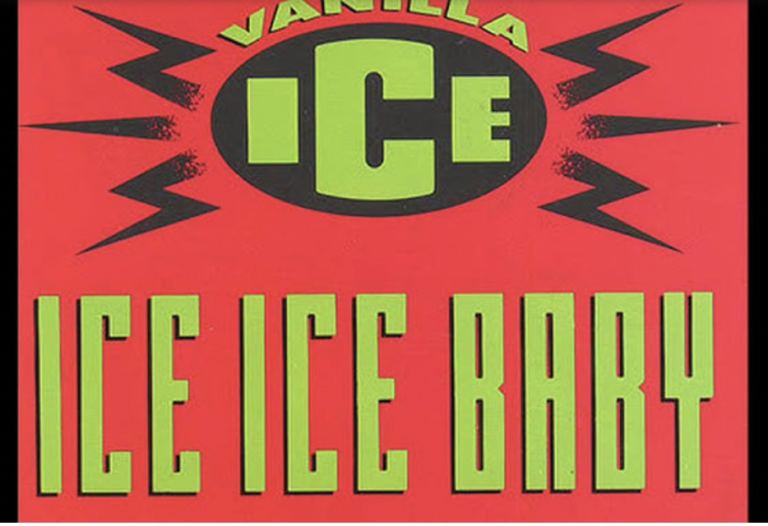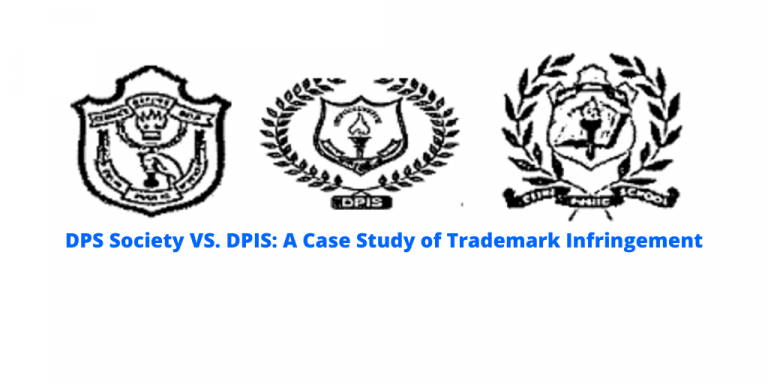Dabur India Limited v. Shree Baidyanath Ayurved Bhawan Pvt Ltd: The Fight For The Right Facts & Figures
Dabur India Limited (Plaintiff) filed a suit at the Calcutta High Court seeking a permanent injunction restraining Shree Baidyanath Ayurved Bhawan Pvt Ltd (Defendant) from telecasting or broadcasting five advertisements for its Baidyanath Chyawanprash Special for disparaging the goodwill and reputation of the plaintiff and its product ‘Chyawanprash’ being sold under the trademark “DABUR”.
Dabur India filed the present suit against an advertising campaign containing five impugned advertisements issued by Baidyanath Chyawanprash one after the other during October and November 2021 about its product “Baidyanath Chyawanprash Special”. The Plaintiff sought an order of injunction restraining the defendant from issuing, publishing or uploading the impugned advertisements disparaging the goodwill and reputation of the Plaintiff and its product.
The Plaintiff claimed that the Defendant’s advertisements were false, misleading and disparaging. They were comparative in nature and thus untruthful comparisons are actionable. The defendant’s advertisement showed that chyawanprash contained 52 ingredients as opposed to the “ordinary” chyawanprash which only has 42 ingredients. To this Plaintiff further said there was no direct reference made to the Plaintiff’s product but the colour scheme of the bottle used in the advertisement were similar to that of the Plaintiff’s product which can be easily identified by the millions of consumers worldwide.
A malicious comparison has been made by the Defendant in stating that its product is made with “100% pure ghee” whereas Plaintiff’s product is made with a mixture of ghee plus vegetable oil spreading further misinformation and confusion because Dabur uses a mixture of til oil and pure desi ghee based on ancient ayurvedic texts. The Defendant mischievously uses the term “vegetable oil” instead of “til oil”.
The First Schedule to the Drugs and Cosmetics Act, 1940 provides for various ayurvedic texts that may be followed to manufacture Chyawanprash and in none of these texts a Chyawanprash can be made with 42 ingredients. The minimum number required is 47 ingredients. The reference to ‘42’ is false and consequently amounts to disparagement.
The intent and the manner of representation in the impugned advertisements are false and misleading. According to the Plaintiff, unfair or deceptive advertising is not protected under commercial speech as laid down in Article 19 (1) (a) of the Constitution of India but hits Article 19(2). Hence, it is impermissible. To this the Defendant argued that his advertisement and right to commercial speech is a part of freedom of speech and expression guaranteed under Article 19 (1) (a) of the Constitution. It is mentioned in the law that any restraint or curtailment of advertisements would affect the fundamental right under Article 19 (1) (a).
The Defendant argued that comparative advertisement is allowed in law. Further in the present case, there is no comparative advertisement in a strict sense as the defendant’s advertisement only compares the defendant’s product with an unnamed fictitious product.
The Court concluded that the above case applies to the present dispute because the comparison made by the Defendant is specifically pointing towards deficiency of the other rival products including the plaintiff’s product. Moreover, the claim made by the defendant about the number of ingredients of the rival product is false and misleading. The court also said that the comparison of the rival products in the Defendant’s advertisement fell within the ambit of “negative comparison” as it showed Dabur Chyawanprash as inferior or lacking in at least ten ingredients and do not provide health benefits.
The Defendant’s advertisements were also held to be misleading as the very statement that chyawanprash is available in the market with 42 ingredients is a mischievous and false statement. This is because, under the Drugs and Cosmetics Act, 1940, a minimum of 47 ingredients are required for a product to qualify as a Chyawanprash.
It was further noted that when the defendant highlights that other Chyawanprash contains only 42 ingredients, which is an untrue statement, it cannot claim the right to free speech as the same is not allowed to communicate untruthful facts about the other rival products.
As a result the court permanently injuncted 4 out 5 advertisements of the defendants which contained the above noted misleading and disparaging claim. However, the court held that the advertisements would be permitted if this misleading and disparaging claim was removed and also the bottle that was shown in the advertisement should only contain the printed word CHYAWANPRASH and no other word.
This case study has been written by Kinnari Bhatt, during her internship at MikeLegal
References:
- https://www.barandbench.com/news/litigation/calcutta-high-court-baidyanath-ayurved-dabur-chyawanprash-trademark
- https://www.scconline.com/blog/post/2022/02/09/cal-hc-disparagement-or-mere-puffery-court-decides-in-matter-of-offending-misleading-advertisements-dabur-india-v-baidyanath-ayurved/
- Image source: Bestoftrall.com






